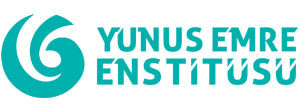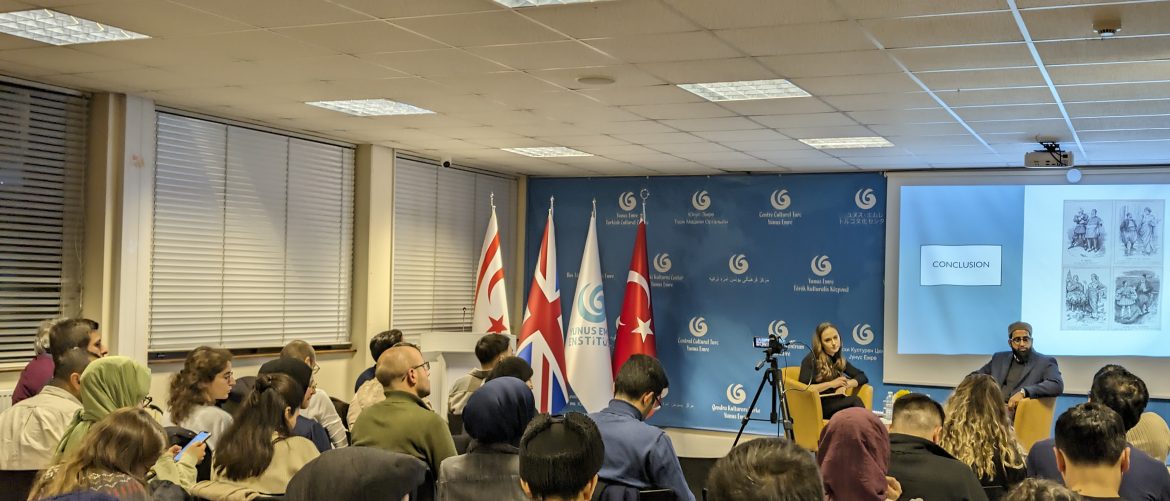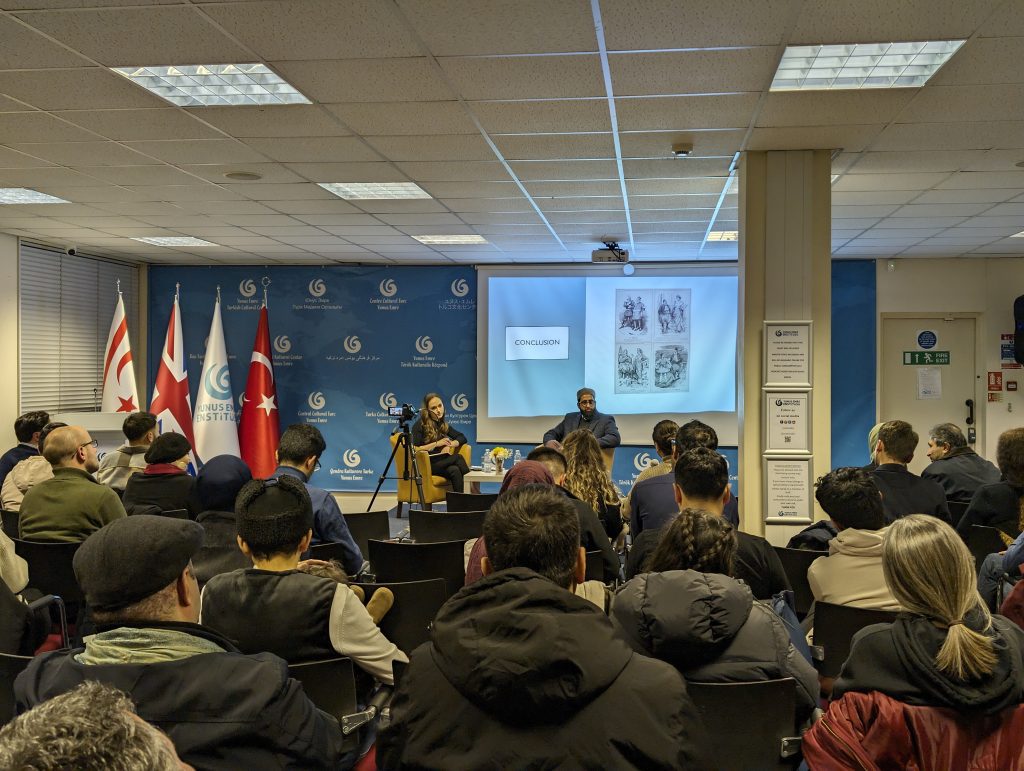Yunus Emre Institute London presented a highly engaging Young Scholar Seminar Series talk titled “Constructing the Young Turk in Britain: British Representations of the Young Turk Revolution and Counter-Revolution.” The event took place on Thursday, February 29, 2024 at the Yunus Emre Institute in London. 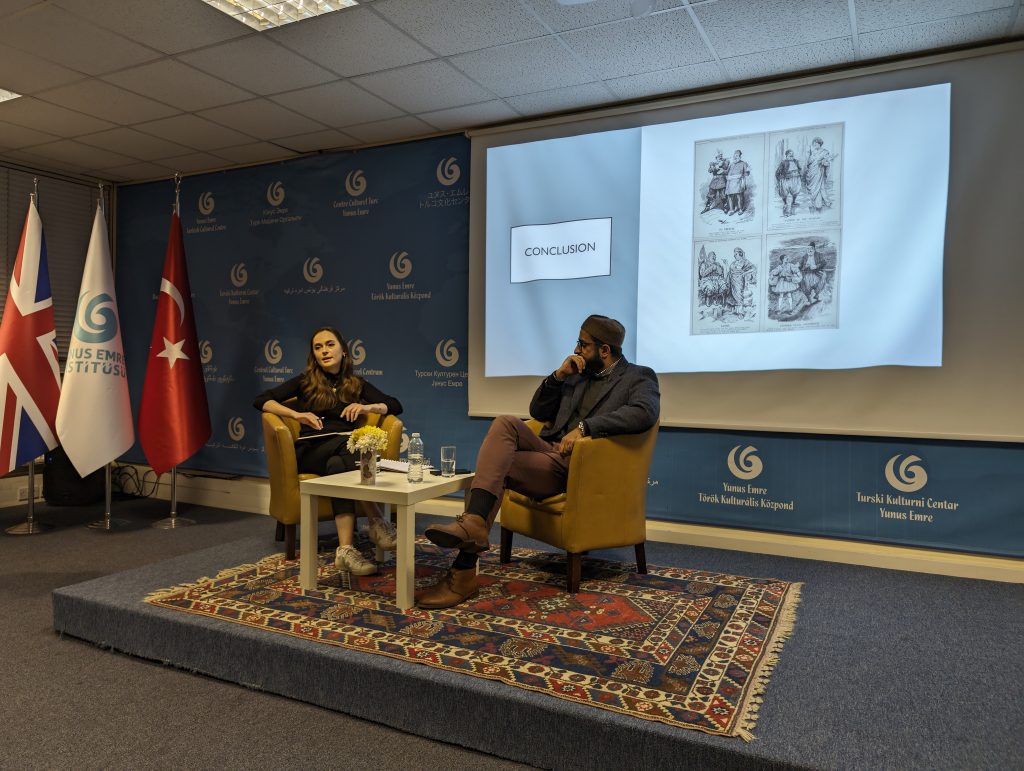 The seminar explored the fascinating topic of the Young Turk Revolution and Counter-Revolution, focusing on how British perspectives shaped historical narratives. A University of Cambridge alumna and historian Meryem Nur Küçük led the discussion, shedding light on pivotal moments in Ottoman history and their impact beyond borders.
The seminar explored the fascinating topic of the Young Turk Revolution and Counter-Revolution, focusing on how British perspectives shaped historical narratives. A University of Cambridge alumna and historian Meryem Nur Küçük led the discussion, shedding light on pivotal moments in Ottoman history and their impact beyond borders.
During her engaging talk, Meryem Nur Küçük meticulously examined the “curious revolution” of 1908. She emphasized that despite not resulting in dethronement or mass casualties, this event marked a significant turning point in Ottoman history. The return of the constitution and parliament, along with the establishment of the new Committee of Union and Progress leadership, profoundly shaped the trajectories of the Middle East and the Balkans. Moreover, she discussed that the “New Era in Turkey,” as The Times put it, deeply impacted the Empire’s relationship with European Powers, especially Britain. Meryem pointed out that less than a year after the Young Turk Revolution of 1908, a counter-revolution broke out to undo much of the changes that the revolution had brought to the Ottoman Empire. Despite the oppositional nature of the revolution and counter-revolution, Britain had shown support for both.
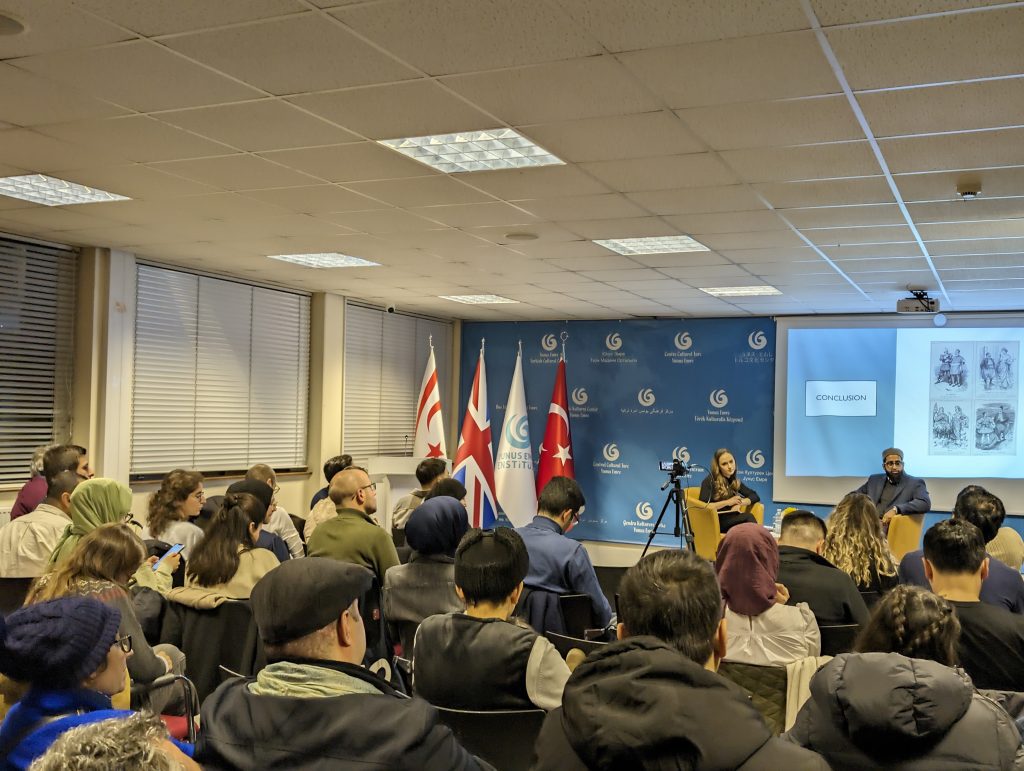
Drawing from Foreign Office documents, travel writing, literature, and the British press, Meryem Nur Küçük meticulously explored how such stark policy shifts were possible and, indeed, justified. Her insightful research provided valuable context for understanding Britain’s complex role during this critical period.
As a Cambridge alumna, Meryem Nur Küçük’s expertise lies in Modern Middle Eastern and European history. Her work delves into the layered relationship between the Ottoman Empire and Britain. Attendees engaged in lively discussions during the thought-provoking Q&A session moderated by historian Yusuf Chaudhary, who is a PhD researcher at the University of Cambridge focusing on the Islamization of the Mongol Ilkhanate in the 13th and 14th centuries. The Q&A session further enriched the attendees’ understanding of this pivotal historical period.
The event received enthusiastic participation from academics, history enthusiasts, and cultural aficionados. Traditional Turkish refreshments added to the convivial atmosphere, fostering cross-cultural understanding and collaboration.
